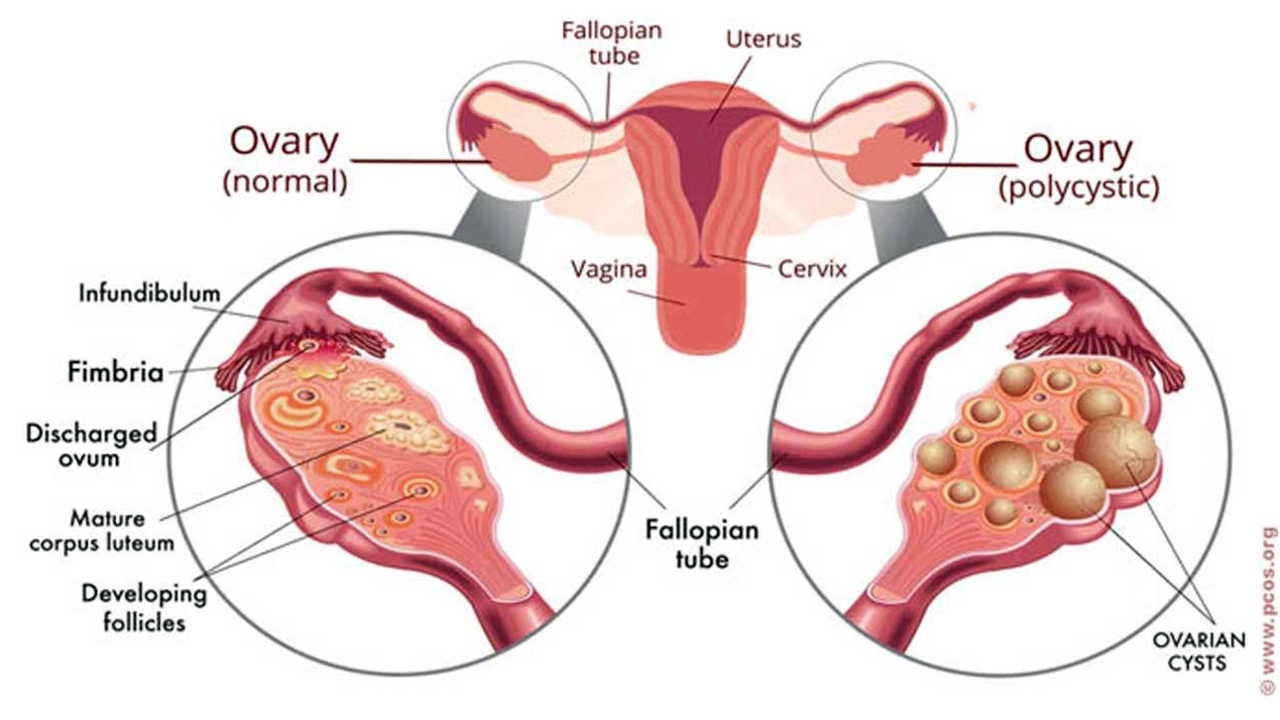PCOS Treatment: Easy Ways to Balance Hormones & Boost Fertility
If you’ve been told you have polycystic ovary syndrome (PCOS), the first thing you probably wonder is how to feel better fast. The good news is that many people see real improvement with a few everyday changes and, when needed, targeted medicines. Below are practical steps you can start today, plus guidance on when it’s time to ask your doctor for help.
Lifestyle Changes That Work
Food and movement are the foundation of any PCOS plan. Try swapping sugary drinks and refined carbs for whole foods—think veggies, lean protein, nuts, and low‑glycemic fruits like berries. Keeping blood sugar steady reduces insulin spikes, which in turn can lower androgen levels that cause acne and excess hair.
Regular exercise doesn’t have to mean marathon training. Aim for 30 minutes of moderate activity most days—brisk walking, cycling, or a quick home workout. Consistent movement improves insulin sensitivity and helps control weight, both key for managing PCOS symptoms.
Sleep matters too. Getting 7‑9 hours of quality rest each night keeps hormone production balanced. If you struggle to fall asleep, dim the lights an hour before bed and avoid screens to signal your body that it’s time to wind down.
Medical Options and When to See a Doctor
If lifestyle tweaks aren’t enough, several prescription options can help. Birth control pills are often first‑line because they regulate periods and lower androgen levels. Metformin, originally for diabetes, is another common choice; it improves insulin resistance and may aid ovulation.For women trying to conceive, doctors might prescribe letrozole or clomiphene to trigger ovulation. These drugs work best when paired with a healthy diet and regular exercise.
Always discuss side effects and personal health history before starting any medication. If you notice new symptoms—persistent headaches, severe mood swings, or unusual bleeding—contact your doctor right away. Regular check‑ups let you adjust treatment as needed and keep track of hormone levels.
Beyond pills, some people find relief with supplements like inositol, vitamin D, or omega‑3 fatty acids. While research is still growing, many report better menstrual regularity and less acne when they add these to their routine. Talk to a healthcare provider before adding any supplement to ensure it’s safe for you.
Bottom line: managing PCOS is a mix of smart daily habits and, when appropriate, targeted medicines. Start with simple diet swaps, move your body regularly, and protect your sleep. If symptoms persist, schedule an appointment to explore prescription options or supplements that fit your lifestyle. With the right plan, you can keep hormones in check and improve fertility over time.
Cyproterone Acetate for Polycystic Ovary Syndrome (PCOS): Pros and Cons
Alrighty folks, let's dive into the nitty-gritty of Cyproterone Acetate for Polycystic Ovary Syndrome, or PCOS as it's more commonly known. It's like a magic potion, right? Well, not quite. On the plus side, it can help manage those pesky symptoms like excess hair and acne. But, like a bad date, it comes with some baggage - potential liver damage and blood clots are part of the deal. So, it's kind of like a superhero with a dark side. Remember, every rose has its thorn, even when dealing with PCOS treatments!
More
